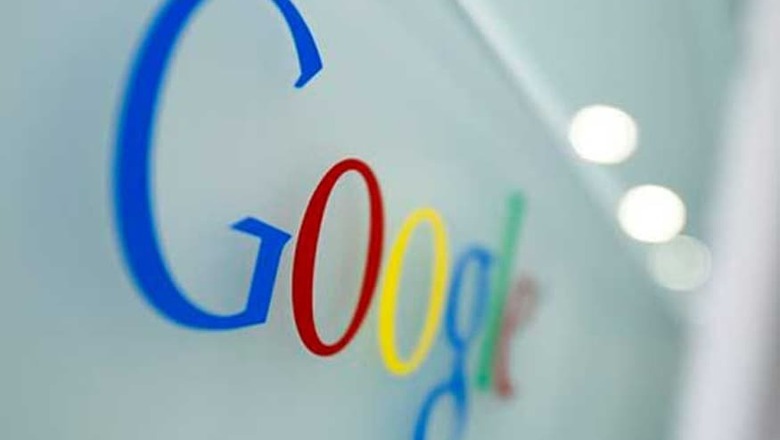
views
New Delhi: The Supreme Court on Wednesday sought to know from internet service provider Google whether it could "prevent" uploading of obscene contents like videos of sexual violence on websites.
A bench of Justices M B Lokur and U U Lalit asked Google about its internal mechanism or "in-house procedure" to identify such obscene contents posted on websites and also about "how much can they do to prevent it".
"Can you not prevent it? We are simply asking you can you not prevent it," the bench asked senior counsel Abhishek Manu Singhvi, who was representing Google India.
Singhvi said the company was unconditionally willing to cooperate on these issues and they should be informed about any such material posted on websites so that they can act.
He said the information about such material should come to them from the government or an adjudicating authority which could be a kind of filter. In the absence of these, a detailed in-house procedure could be adopted and they would get such contents deleted or withdrawn within 36 hours of receipt of information.
However, the bench asked, "Take for instance, nobody has reported (about any such material), do you act on your own to decipher it? We are asking, is it possible for you or not?"
Responding to it, Singhvi said, "No. Actually it is not possible for us...It is not something which we can discover on our own. If it is reported, we can do it. There is no legal obligation on me to discover".
Advocate Aparna Bhat, who has been assisting the court as amicus curiae, told the bench that when the matter had come to fore, there were 8-9 such obscene videos on which the CBI had conducted investigation, but now several other such materials have surfaced and the agency must be directed to look into it.
To this, the bench observed, "We have not stayed any investigation. There is no stay on the investigation".
Bhat argued that there should be a mechanism in place to ensure that no such videos or materials are uploaded on the Internet.
She also referred to the recent incident in Kerala where an actress was allegedly molested and abused inside her car and the act was purportedly recorded on a mobile phone.
The amicus also argued that Protection of Children from Sexual Offences (POCSO) Act, 2012, dealt with the issue of child pornography but the penal law was not sufficient to deal with the issue at hand.
When the bench asked whether uploading an obscene video
was an offence under the POCSO Act, Bhat said it was an offence only under the Information Technology (IT) Act.
She referred to a recent incident in Hyderabad where a person was arrested on the basis of an Interpol alert that he was uploading videos of sexual abuse of children on websites.
To this, the bench asked, "how does the Interpol get to know about it? Why our police could not do it?"
She said it is mandatory for internet service providers to cooperate with the agencies in the USA.
The arguments in the matter remained inconclusive and the court fixed the next hearing for February 27.
The apex court had yesterday asked internet service providers like Google whether there was any mechanism to identify culprits uploading obscene contents on websites.
It had not prima facie agreed with the submission that there cannot be preventive blockage but only curative blockage and said "we want prevention and not cure".
Google had said that being an internet service provider, it only "catalogued" the contents hosted by it and offensive ones were taken off when they are brought to its notice.
Huge amounts of videos and other materials are uploaded every hour by websites on search engines like Google and it would be very difficult to analyse and block them before they are uploaded, the counsel appearing for Google had said.
The lawyer had said that government's nodal agency could help the internet service providers in ensuring that objectionable contents are taken off.
The government had yesterday informed the apex court that it will set up a specialised nodal agency to block and curb sharing of sexual offence videos on social networking sites.
The apex court had on December 5 last year sought response from internet majors Google, Microsoft, Yahoo and Facebook on a plea seeking curbs on sharing of sexual offence videos on social networking sites and steps to check cyber crimes.
The court was hearing a letter sent to then Chief Justice of India H L Dattu by Hyderabad-based NGO Prajwala, along with two rape videos in a pen-drive.
It had taken suo motu note of the letter on the posting of these videos on WhatsApp and asked CBI to launch a probe forthwith to nab the culprits.










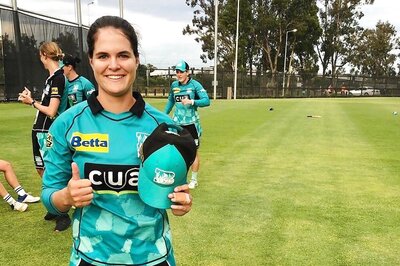
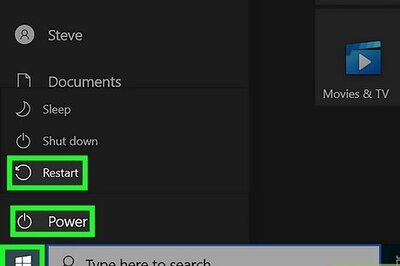
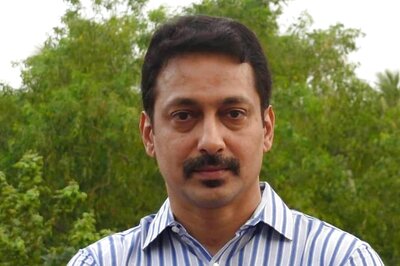






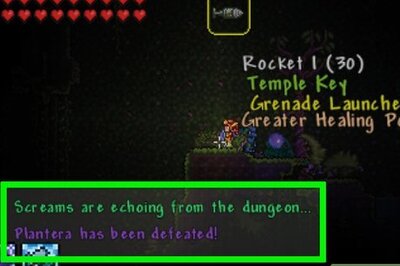
Comments
0 comment